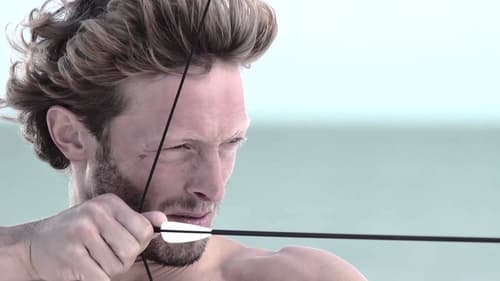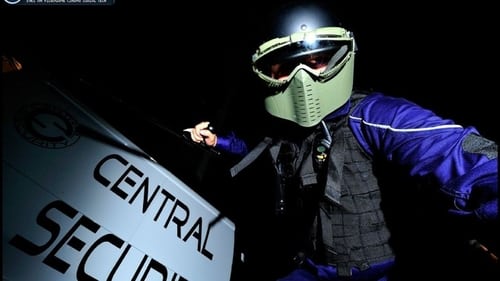
Co-Producer
Two women, a psychologist and a police officer, engage in a challenging mission - to reduce the record suicide numbers in their rural hometown in Lithuania. Valija and Gintare provide door to door empathy and compassion, healing the loneliest members of their community. As fear of losing another life reaches its peak, the women form a resourceful friendship and together they succeed to ease the crisis and prove that suicide prevention can be effective. The observational camera makes the audience witness and finally understand how they really succeeded in tackling this complex issue.

Director of Photography
Two women, a psychologist and a police officer, engage in a challenging mission - to reduce the record suicide numbers in their rural hometown in Lithuania. Valija and Gintare provide door to door empathy and compassion, healing the loneliest members of their community. As fear of losing another life reaches its peak, the women form a resourceful friendship and together they succeed to ease the crisis and prove that suicide prevention can be effective. The observational camera makes the audience witness and finally understand how they really succeeded in tackling this complex issue.

Director
Two women, a psychologist and a police officer, engage in a challenging mission - to reduce the record suicide numbers in their rural hometown in Lithuania. Valija and Gintare provide door to door empathy and compassion, healing the loneliest members of their community. As fear of losing another life reaches its peak, the women form a resourceful friendship and together they succeed to ease the crisis and prove that suicide prevention can be effective. The observational camera makes the audience witness and finally understand how they really succeeded in tackling this complex issue.

Writer
To say life in Vilnius, Lithuania, during Soviet occupation was tense would be an understatement. People were followed and photographed; restaurant dinner plates were bugged to catch potentially illicit conversations; car accidents were staged to waylay people while surveillance equipment was installed in their apartments; and many were detained, interrogated, imprisoned, or worse. Through expertly assembled KGB archival footage, earnest present-day interviews, and cleverly crafted returns-to-the-scene-of-the-crime, directors Maxì Dejoie and Virginija Vareikyté present an acutely compelling contemplation of a “non war” from both sides.

Director
To say life in Vilnius, Lithuania, during Soviet occupation was tense would be an understatement. People were followed and photographed; restaurant dinner plates were bugged to catch potentially illicit conversations; car accidents were staged to waylay people while surveillance equipment was installed in their apartments; and many were detained, interrogated, imprisoned, or worse. Through expertly assembled KGB archival footage, earnest present-day interviews, and cleverly crafted returns-to-the-scene-of-the-crime, directors Maxì Dejoie and Virginija Vareikyté present an acutely compelling contemplation of a “non war” from both sides.

Director
An anthology of one-minute films created by 60 international filmmakers on the theme of the death of cinema. Intended as an ode to 35mm, the film was screened one time only on a purpose-built 20x12 meter public cinema screen in the Port of Tallinn, Estonia, on 22 December 2011. A special projector was constructed for the event which allowed the actual filmstrip to be burnt at the same time as the film was shown.

Screenplay

Editor

Director





